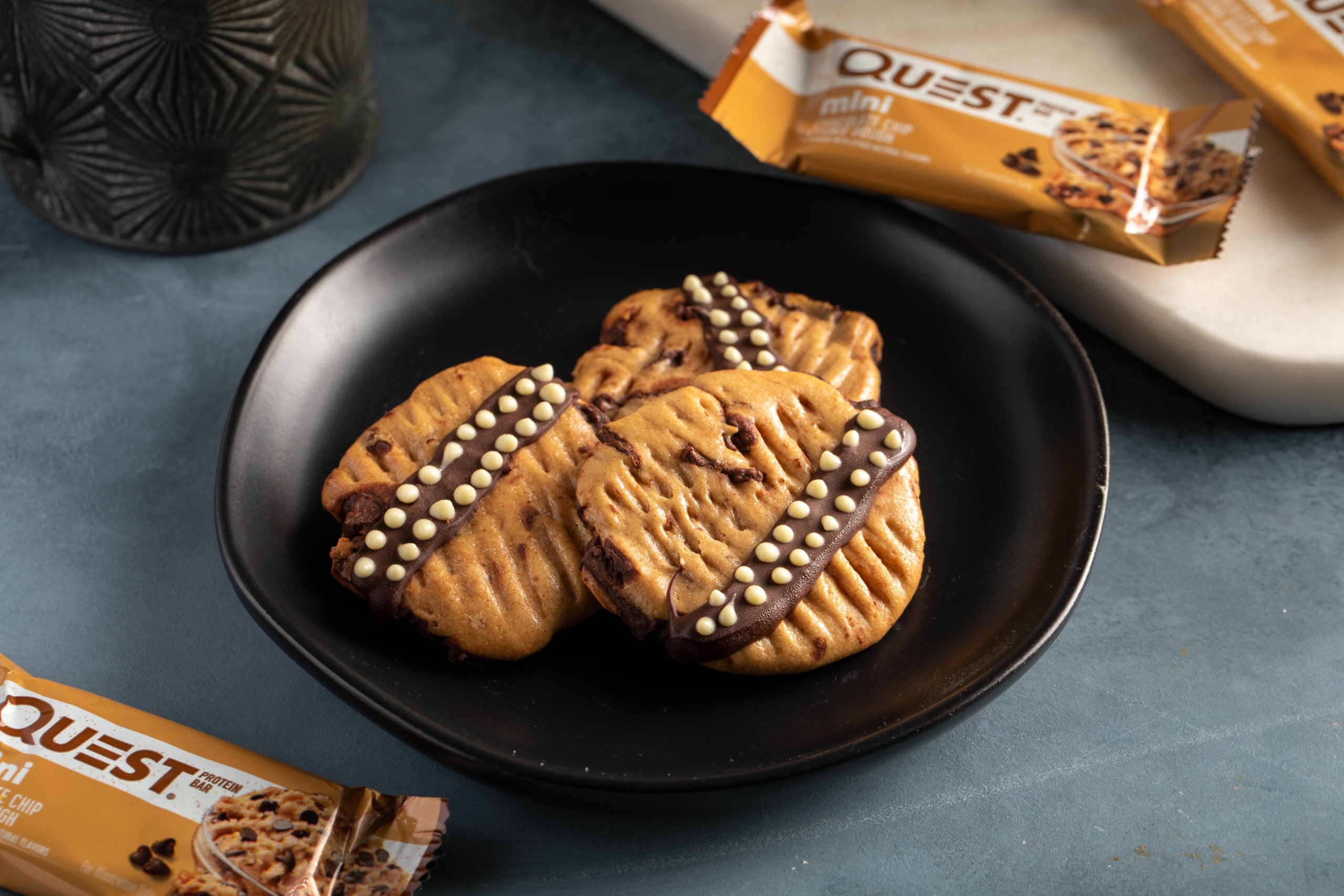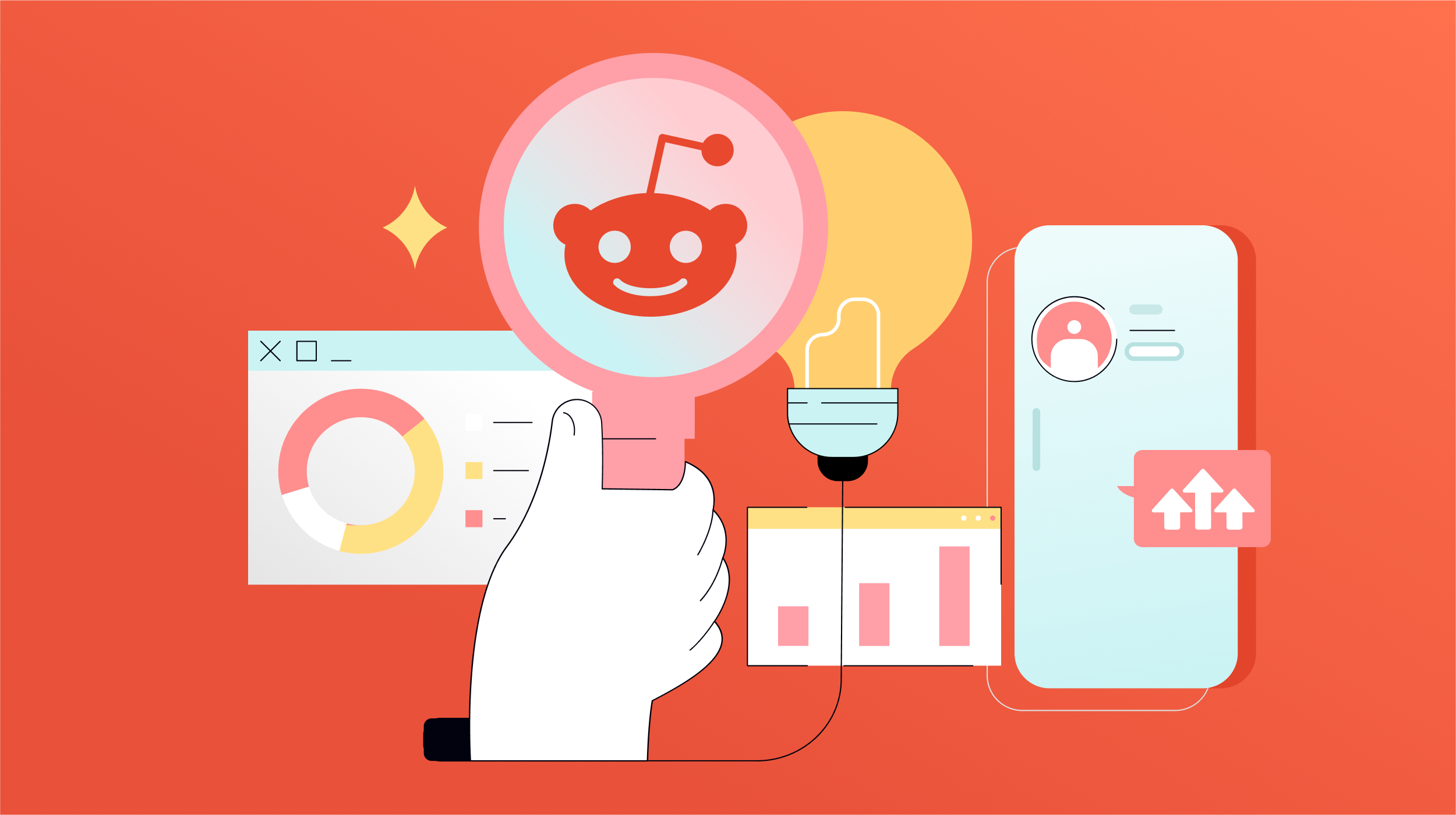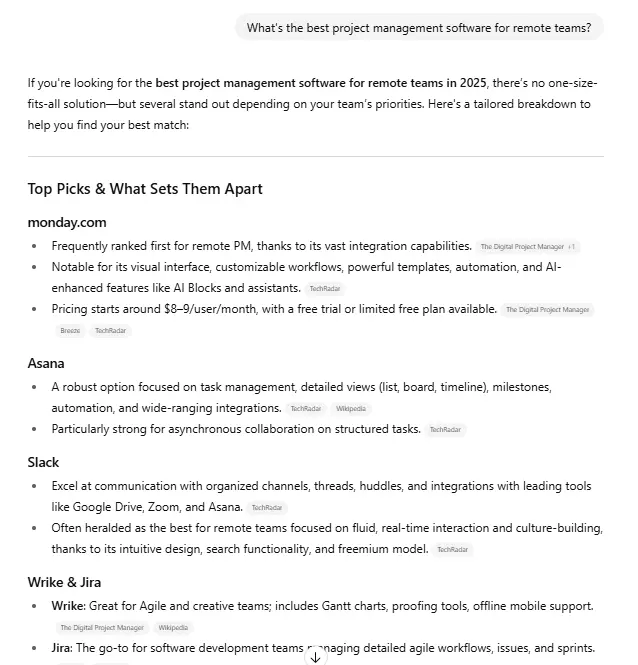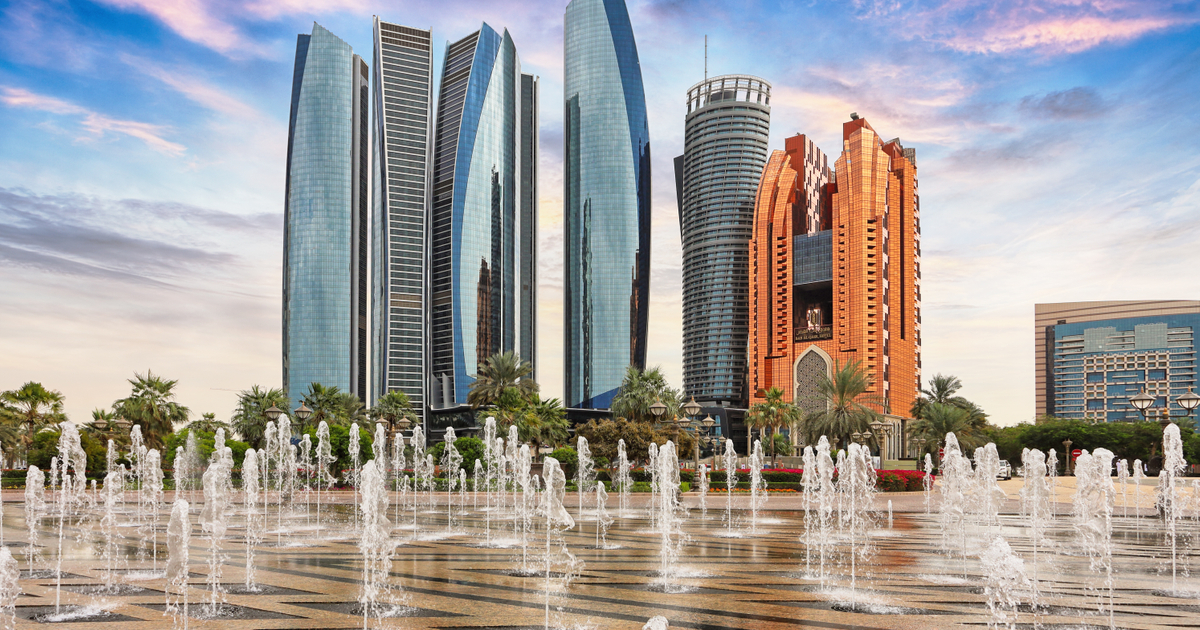Is kava root the natural anxiety medicine we’ve been searching for?
Natural medicine expert Dane Renshaw shares his advice on kava for anxiety.

Natural medicine expert Dane Renshaw shares his advice on kava for anxiety.
We’ve all experienced increased uncertainty this last year. Many of us have also experienced higher levels of stress and anxiety than usual. That now familiar buzz accompanies us, day in, day out.
Alongside certain herb teas and relaxation techniques, there are also some excellent herbal remedies to reduce anxiety that are backed by a long tradition of use as well as multiple human clinical trials.
Kava is one of them.
Like what you see? Sign up to our bodyandsoul.com.au newsletter for more stories like this
During this last year, through my work in nutraceutical product development, I’ve seen an increased demand for ingredients that help support symptoms of stress and anxiety.
While ingredients like L-Theanine and saffron are excellent options, kava stands its ground and is firmly established as an ingredient that helps dial down those anxious feelings.
What is kava and why is it so effective?
Kava as a nutraceutical comes from the root and rhizome of Piper methysticum (kava). It has a long history of traditional use in the Pacific Islands, most notably Vanuatu, Fiji and Samoa.
Traditionally kava is ground into a powder and consumed as a drink, including within ceremonies, but here in Australia it’s very common to see it in capsule or tablet form.
One of the reasons people love kava is because it’s so fast acting. It’s classed as an anxiolytic, hypnotic sedative and analgesic, which means it slows things down, reduces muscle tension and helps you relax.
If your mind is super stimulated, you may experience the physical effects of that (i.e. a racing heart). If your mind is calmed, it stands to reason that your body calms too.
Kava helps calm both the mind and body.
Why kava doesn’t always do what you expect
If you use a product containing kava, you’d expect it to calm you down, right?
Yes… but there’s a but.
The effects of the kava depend on the variety or ‘cultivar’. There are hundreds of different cultivars and each contains different concentrations and ratios of the six key kavalactones.
Kavalactones are the key active ingredients, the plant component that creates the actual effect.
Some kava cultivars are good for muscle relaxation, some better for anxiety. Others have been reported to make people feel hungover the next day. Less than ideal.
Look for the noble cultivars, which are the varieties that have a fast-acting relaxation effect and are commonly used traditionally for daily drinking.
They contain higher amounts of the kavalactone kavain and almost none of the constituents flavokavains. These noble varieties also have fewer side effects.
Because there is no standard as to which cultivar gets used in listed medicines or dietary supplements, you could buy two different kava products from two different brands and experience totally different effects, even where the dosage is the same.
If one kava product doesn’t work for you, another one might.
When should you avoid kava?
While kava is an effective ingredient to help with symptoms of stress and anxiety, it’s definitely not for everyone.
First up, kava is not recommended for use during pregnancy and lactation.It’s also not recommended for long term use (over eight weeks) due to potential negative impacts on the liver.
In Australia we’re limited to 100% water extracts – the traditional extraction method used on Pacific Islands – but you do occasionally see alcohol extracts. Be wary. These may have an increased chance of causing liver harm, as do some of the cultivars.
As kava can make you drowsy, it’s recommended that you avoid:
operating heavy machinery while using it taking it alongside relaxation pharmaceuticals (such as benzodiazepines/Valium). Note: In these instances, saffron may be a better herbal alternative because it doesn’t cause the same levels of drowsiness and has fewer interactions with medications, yet it still has robust scientific evidence to support its use for stress and anxiety.For example, I recently worked with nutraceutical company, Give Back Health, on a new mental health range where we wanted to deliver the same stress and anxiety benefits that kava supports but with fewer potential impacts or interactions. Although it’s more expensive, in this instance, we went with saffron.
A final thing worth noting is that while kava helps reduce the symptoms of anxiety, it doesn’t address the root cause of the problem.
A 2018 study stated that although kava is good for short term treatment of anxiety, it is ‘not a replacement for prolonged anti-anxiety use’. And a recent Australian clinical trial put into question its overall effectiveness for more serious anxiety disorders.
Conclusion: So is kava the natural anxiety medicine we’ve been searching for?
It’s certainly proved itself to be an effective ingredient with fast acting and potent properties that help with stress and anxiety.
The key things to remember are to only use it for short stints and to search out the noble varieties as they’re less likely to have undesirable side effects.
Dane Renshaw is a product development expert for the nutraceutical industry, with a background in naturopathy, phytochemistry and pharmacology. He has recently worked on a mental health range for Give Back Health, a company on a mission to donate 10 million doses of therapeutic nutritional supplements to vulnerable and at-risk Australians. Connect with Dane on LinkedIn or find out more about his involvement with Give Back Health at givebackhealth.com.
Any products featured in this article are selected by our editors, who don’t play favourites. If you buy something, we may get a cut of the sale. Learn more.

 Aliver
Aliver 






























